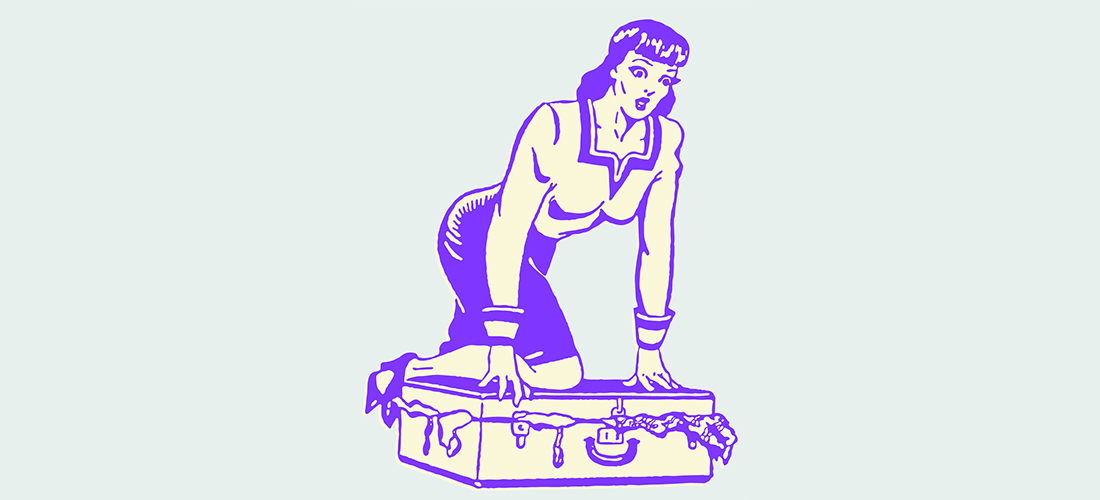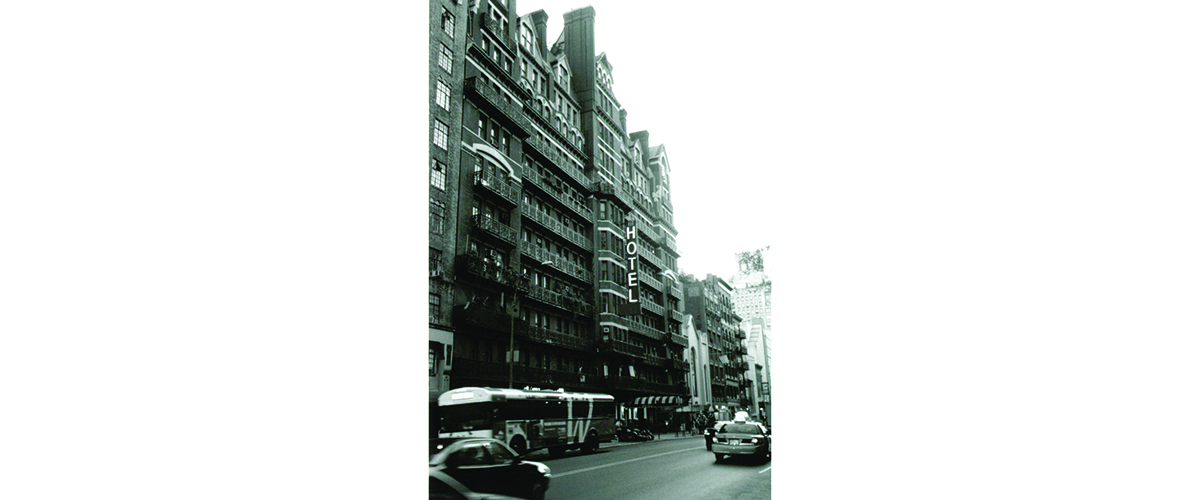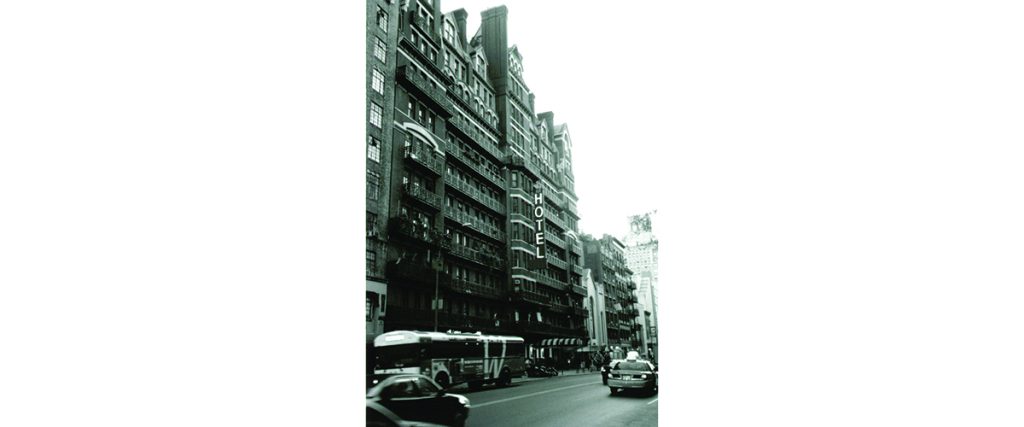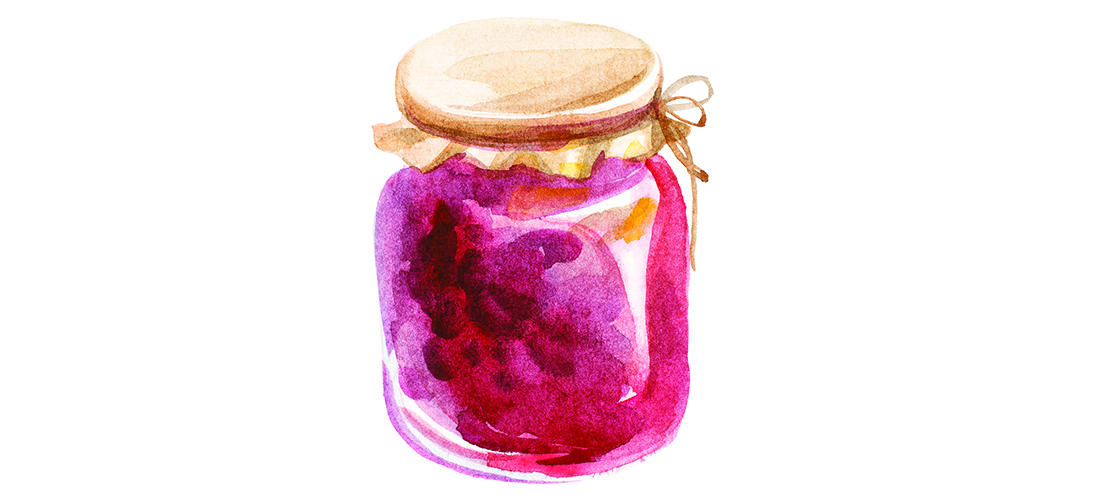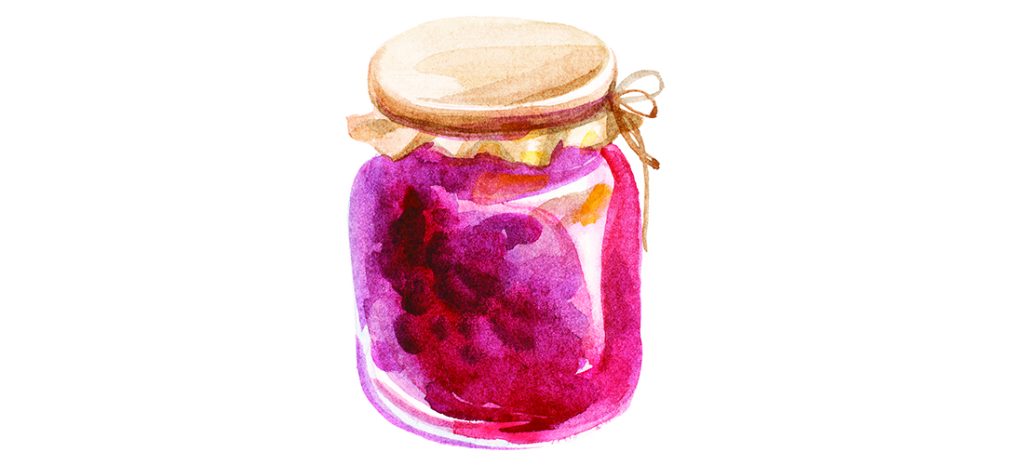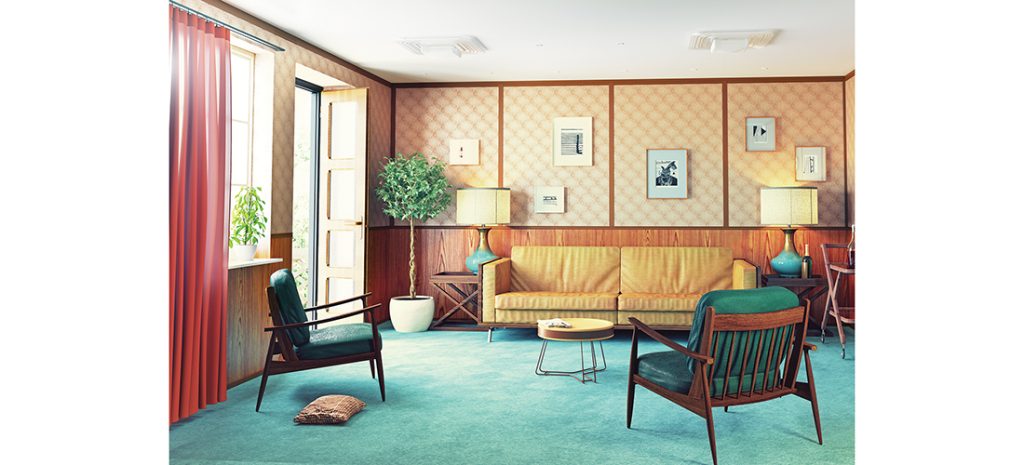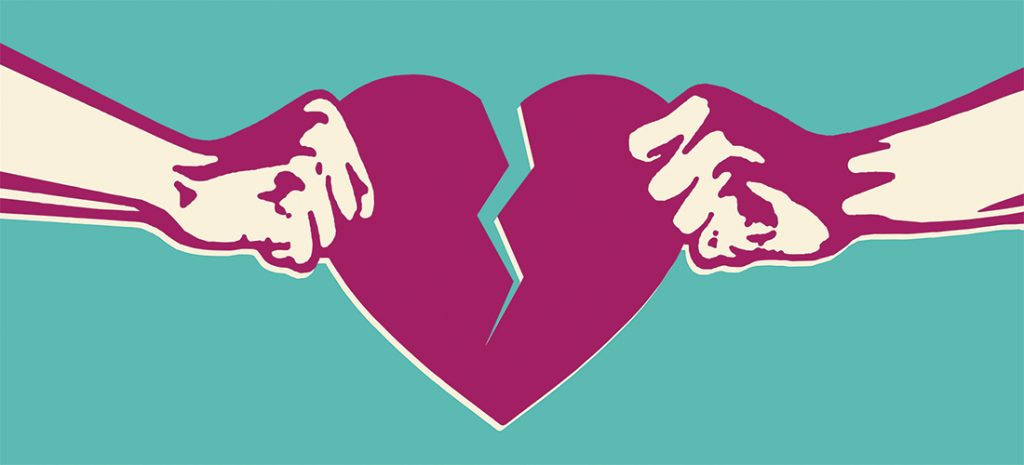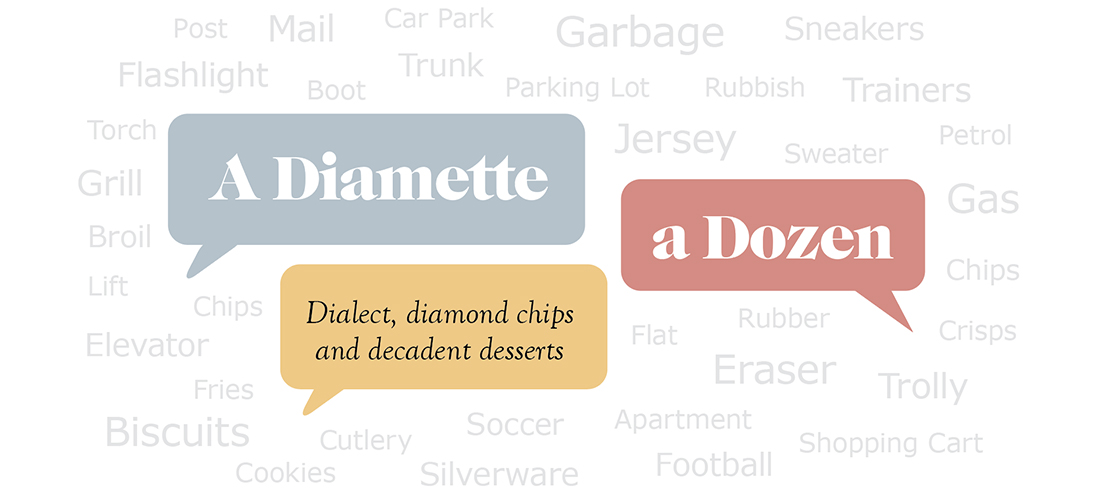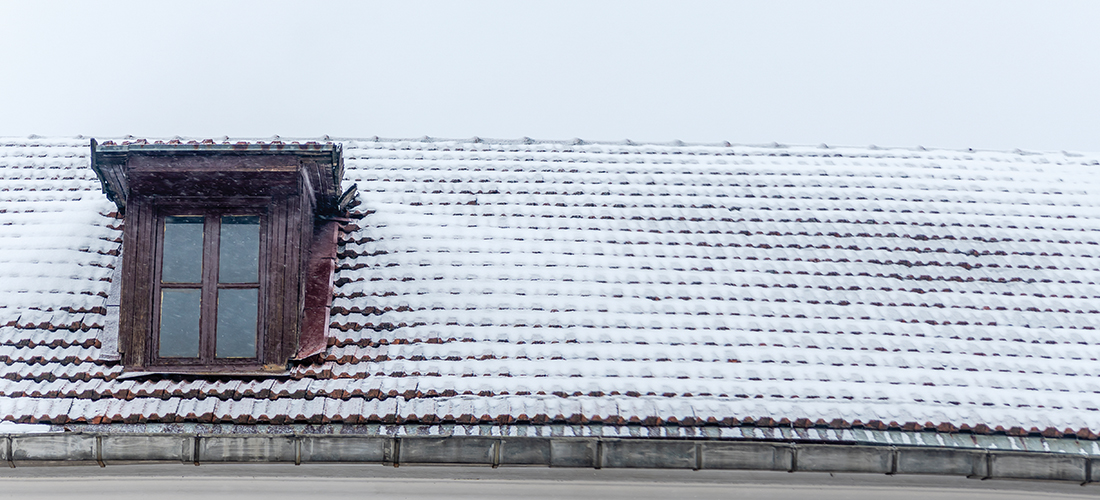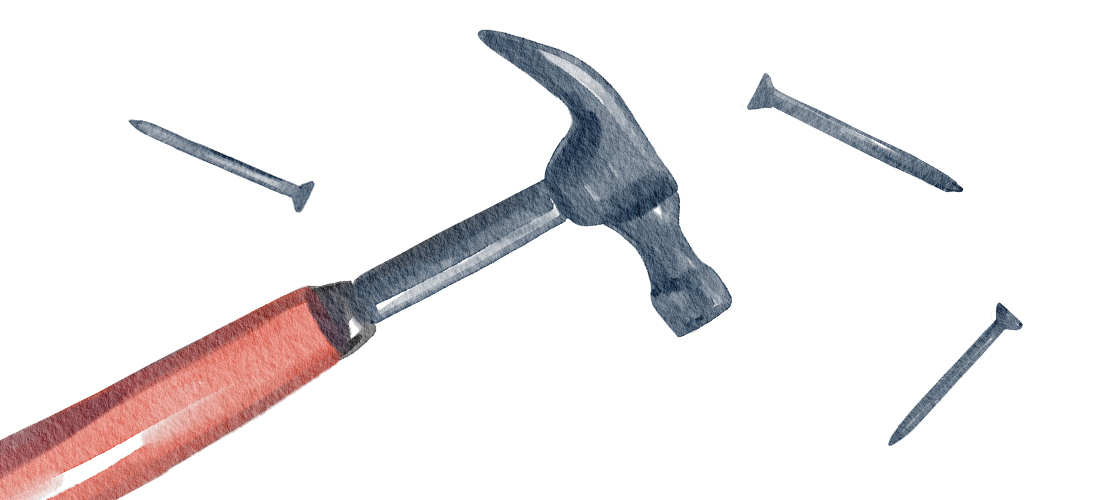Home Grown
Home Grown
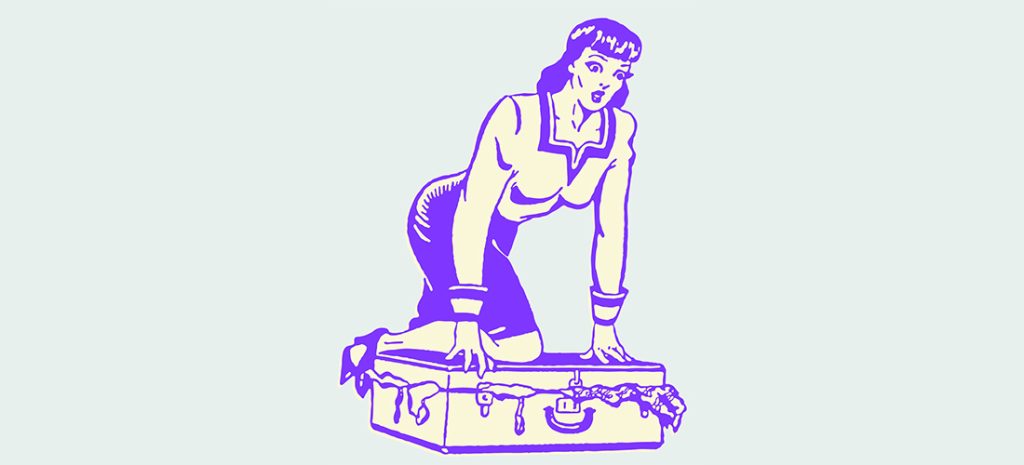
Travels with Mama
A daughter unpacks her mother’s baggage
By Cynthia Adams
Mama never traveled light. She traveled with intentions. Those encapsulated champagne-and-caviar dreams and included sequins, suits, wraps, strappy heels, scarves, earrings, necklaces, belts, handbags, daywear, nightwear and leisure wear for God knows where.
Working at a consignment shop meant Mama apparently bought just about everything that happened to be in her size.
Travel light? Mama traveled heavy, whether visiting friends in Spartanburg or family in Switzerland. Regardless, she packed foam curlers, curling iron, enough hairspray to asphyxiate a ballroom full of people and a complete palette of makeup.
Taking Mama on a lark to L.A., something negotiated while she recovered from heart surgery, I learned a thing or two.
Never rent an economy-sized car when shuttling Mama.
Her suitcase — nicknamed “the coffin”— fit into the land yacht, her lumbering Lincoln — but was way too big to fit into the rental car I picked up at LAX.
The coffin could only fit through the rear doors when turned sideways and hefted across the rear seat. Mama patted her hair, commenting on the traffic, while I shoved her other bags and my single one into said trunk. And the West Coast traffic?
It is possible to be both sweaty and cold when terrified.
Flop sweat trailed from my temples as we merged onto the freeway. Then Mama began musing about a good comb-out.
A comb-out? She had gotten her hair done the previous day. But Mama had standards, which weren’t going to slip here in the land of “swimmin’ pools and movie stars.”
Passing a billboard, she visibly brightened, wondering about getting into a Wheel of Fortune taping.
I reminded Mama that my realm of influence was, well, nonexistent. The only two people I knew in Hollywood, Suzy Turcot and Sherwood Jones, were not lolling around swimmin’ pools. Suzy worked in lighting (on a hit sitcom and films) and Sherwood had edited the Olsen twin videos when they were kids, plus some feature films.
Barely aware of palm trees and iconic scenery, I glumly realized Mama wouldn’t be pacified with Gray Line star tours and museums. She wanted hair, makeup, action!
Prompted by her screaming “Stop,” we pulled into a Beverly Hills inn with Mama’s carry-on bag at her feet, a huge purse in her lap and the coffin filling the back seat.
Mama adored the spacious Italianate, frond-filled lobby. On a sideboard awaited freshly squeezed juice and stage-perfect fruit.
The lobby bore little semblance to our bargain-rate Lilliputian room. The coffin sprawled once it was inside, consuming the floor space. It would only fit beside my twin bed. Opened, it belched finery.
The first night I stepped right inside it while fumbling to the loo, entangled in Mama’s diaphanous garb.
She also brought court-worthy ensembles. Mama adored true crime, once accompanying me to Union, S.C., as I attempted to sniff out a story about a murdering mother. (She disarmed the lock-lipped townspeople with grandmotherly inquiries — Mama knew more about the murders than Nancy Grace.)
Which is why, on day two in L.A., donning a pantsuit, Mama mentioned Brentwood. After studiously following O.J. Simpson’s trial, Mama pointed out gory details as I clenched the steering wheel.
Mama Macabre.
Days in L.A. became a whirl of celebrity crimes and my traffic misdemeanors — when I found the police department to protest a whopping parking ticket, I pointed out it was featured in Beverly Hills Cop.
On a subsequent trip with a small entourage including my sister, our first to Vegas, we unwittingly booked a tattered hotel slated for demolition. And yet, Mama had filled the coffin with clothes suitable for Monte Carlo.
Her sparkly garb would have thrilled Raymond in Rain Man, but was overkill at the slots. If Mama noticed fellow gamblers in sweatshirts and worse, she didn’t comment.
Here I learned something new: Beware of a casino’s largesse.
Slurping down free cocktails, we shrieked with jubilation as the slot machine began screeching and flashing like a fire siren. Jackpot!
“How much did you win?” Mama gasped, adjusting her sequined top.
“I can’t count that high,” I shouted. Gawkers gawked. The machine spit coin after coin. “Forty quarters!”
I ordered another Bloody Muddy, weighing an upgrade to the Wynn with my winnings.
Ten dollars.
Regret, I realized by daybreak, thy name is stupid drunkenness.
It wasn’t even enough to buy Mama another glitzy consignment shop top.
The next day, chastened by my wanton ways, I reconnoitered and visited the Guggenheim Hermitage in the Venetian hotel. It was a “jewel box” tucked into the Venetian’s lobby, featuring works from both Russia’s State Hermitage Museum and the Guggenheim, which was as jarring a fish-out-of-water Vegas experience one might have. It echoed with my footsteps as only one other person — a guard — was inside. It soon closed due to lack of attendance.
Imagine.
Meanwhile, Mama rejoined my sister in the casino, inspired, rather than dissuaded, by my “windfall.”
While walking along the strip back to our dumpy hotel, I noticed a wrecking ball had been indiscreetly moved into place. It seemed a metaphor straight out of a Wes Anderson flick. Then a stranger handed me a yellow flier advertising cheap flights over the Grand Canyon.
I squinted in the overwhelmingly stark sunlight in amazement at this, the perfect antidote to the artifice of Vegas: A natural wonder.
On approach, the other passengers and I donned headphones playing the musical theme to Grand Canyon to fine effect. Better than the Guggenheim — a natural work in a staggering landscape.
As I stood on the precipice of this magnificent hole, my eyes welled. Meantime, back at the casino, Mama’s eyes shown with joy, too, when the one-armed bandit dispensed a bounty of coins. Enough winnings for a new pair of pantyhose.
We both won, Mama breathed out that night, dressed in a splendid cocktail frock. Her very best. OH

